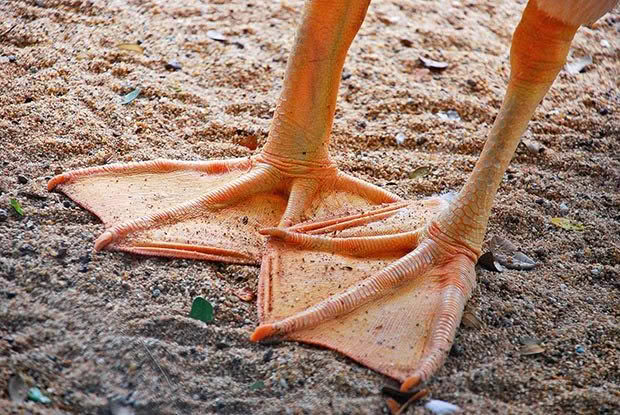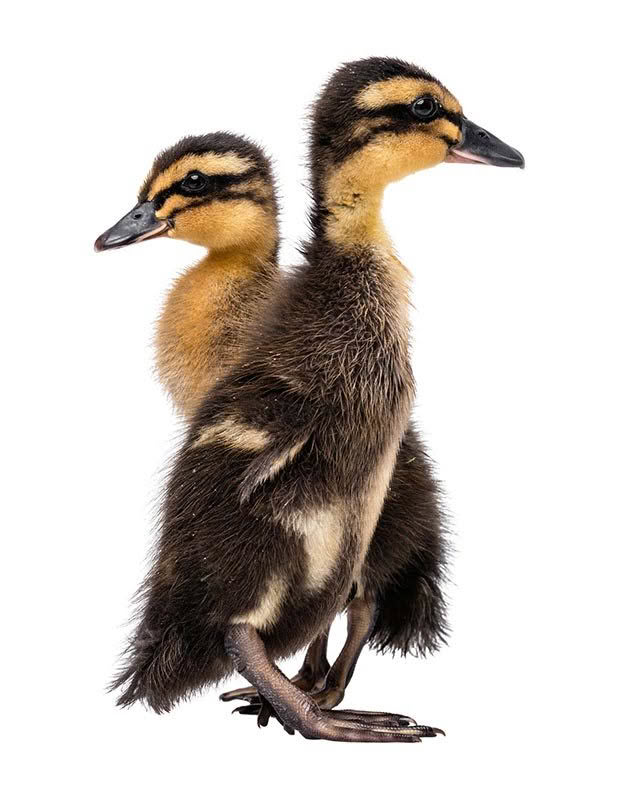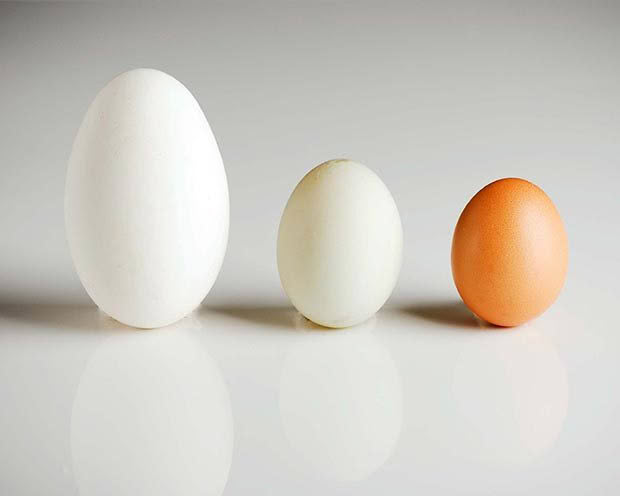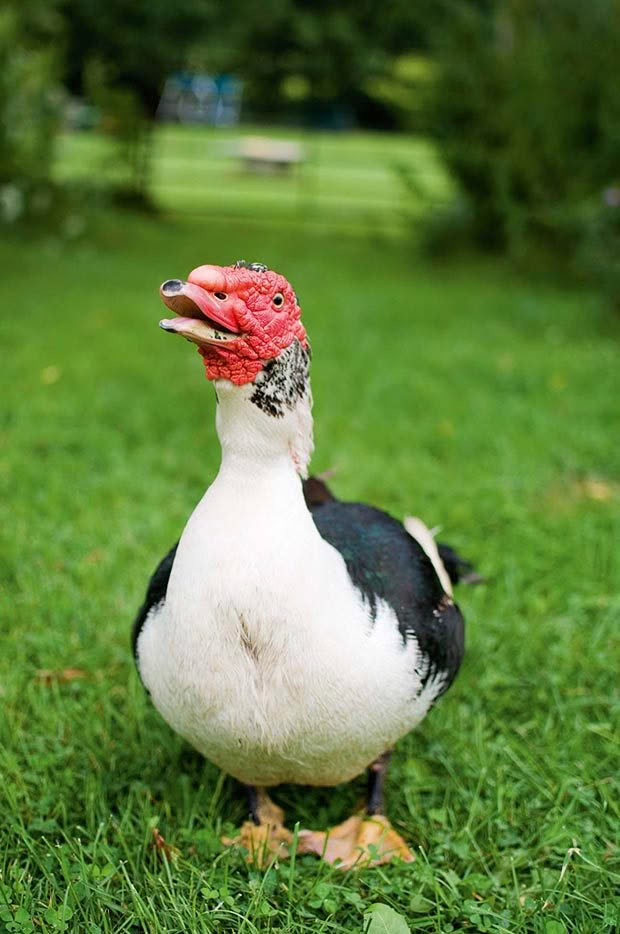3 ways ducks are different to chickens

Ducks have different physiology to chickens and require different care.
Words: Nadene Hall
1. Feet
A duck has feet shaped like a paddle so it can’t scratch like a chicken. This is why ducks are great in the garden as they use their bill to sift through plant material, making them less likely to pull out even small plants. There’s another bonus says Waikato poultry breeder Fiona Taylor. “You don’t get dust-bathing hollows!”
2. Physiology
A chicken has a weak neck and strong legs, but a duck is the opposite says Fiona. “When people handle chickens, we pick them up by the legs, but ducks have quite weak legs and necks that are very strong so you don’t want to run the legs off them or chase them, it’s too stressful for them.”

3. Hatching
Ducks tend to go ‘broody’ and nest later in the year than hens, so Fiona finds it easier to get her team of reliable broody hens to hatch out duck eggs so she gets them early in the season.

A goose egg, duck egg and chicken egg.
A duck egg takes longer to hatch and requires higher humidity – Fiona uses a spray bottle to give duck eggs under a broody hen a light misting daily in the final week – but broody hens are amazing mums, listening out for their little charges and staying put until the eggs hatch.
WHEN IS A DUCK NOT A DUCK?
It looks like a duck and it’s called a duck but technically the Muscovy is a member of the goose family. Its eggs take longer to hatch – 35 days – and the breed is primarily a grazer, eating a lot of grass in comparison to ducks that prefer higher protein feed like poultry feed, insects, worms and snails. Muscovies will also fly away, unlike domestic breeds of duck which naturally can’t fly (wild duck breeds like Mallards can fly).

Muscovy males tend to be twice the size of females, versus domestic ducks which have similar-sized males and females. “They are included in the poultry club’s duck section but they are actually domesticated water fowl and they’re very, very different to all other breeds,” says Fiona. “The male is a very powerful bird and it can be a bit intimidating to small children. If you’ve got toddlers, just keep an eye on your Muscovys and geese, they have big, powerful wings.”
READ MORE
Magpies, cayugas and Indian runners: How to tell New Zealand ducks apart
Love this story? Subscribe now!
 This article first appeared in NZ Lifestyle Block Magazine.
This article first appeared in NZ Lifestyle Block Magazine.
